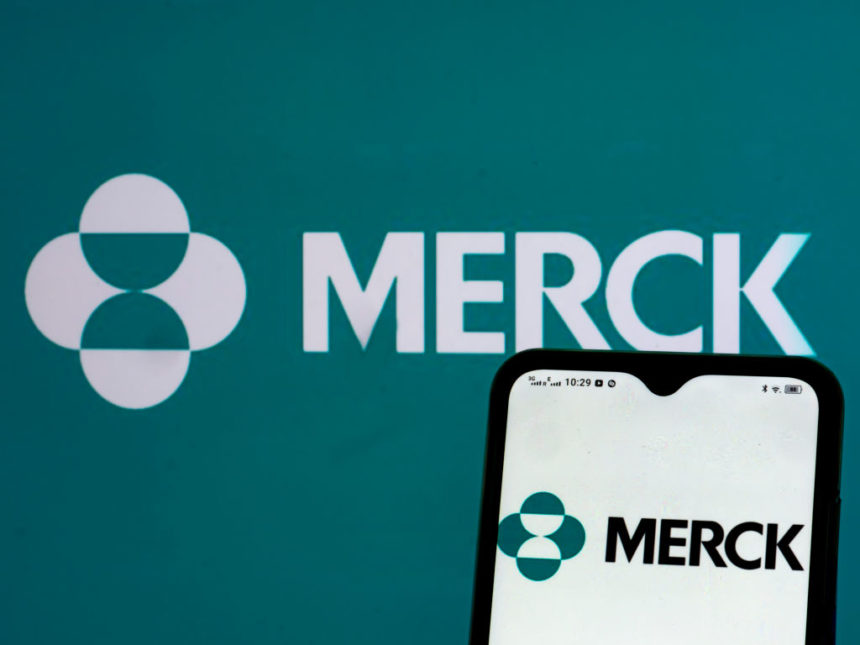Merck and Moderna launched a long-awaited Phase 3 trial for mRNA cancer vaccine V940 in combination with Merck’s Keytruda on Wednesday morning.
The clinical trial is a global, randomized study that will investigate the safety and efficacy of V940 used in combination with Keytruda in patients with resected high-risk (Stage IIB-IV) melanoma. As part of the process, researchers will compare the combination therapy to Keytruda on its own.
Currently, there are no mRNA cancer vaccines approved by the Food and Drug Administration, though the area has gotten increased attention in light of the effectiveness of Moderna’s mRNA-based COVID-19 vaccines.
If successful, V940 would be one of the first to show efficacy in a Phase 3 trial.
“As we continue our efforts to advance novel treatment options for patients with high-risk Stage IIB-IV melanoma, the initiation of the V940-001 Phase 3 trial represents an important step forward in these efforts and our study of individualized neoantigen therapy,” Marjorie Green, SVP and head of late-stage oncology, global clinical development at Merck Research Laboratories, said in a statement.
Keytruda, Merck’s blockbuster drug, was initially approved by the FDA in 2014 as an immunotherapy for the treatment of advanced melanoma with BRAF mutation. Since then, it has picked up numerous approvals for other types of cancer, including lung cancer, Hodgkin lymphoma, head and neck cancer as well as breast cancer, among others.
Just last week, Merck released an interim analysis of a late-stage trial that found Keytruda, when layered onto routine care in advanced cervical cancer, resulted in a materially greater delay in patients’ disease progression than chemoradiotherapy alone.
As Merck’s top-selling drug, Keytruda brought in $5.8 billion in first quarter revenue for 2023, exceeding the company’s estimate of $5.6 billion and growing 20% compared to the year prior.
The commencement of a Phase 3 trial for the combo treatment marks the continuation of a partnership with momentum at its back.
In December 2022, Merck and Moderna rolled out results from a Phase 2 trial in V940 and Keytruda as a combination therapy, reporting it met primary efficacy endpoints.
At the time, Moderna CEO Stéphan Bancel said the findings were the result of a years-long collaboration between Merck and Moderna, and “highly encouraging for the field of cancer treatment.”
Bancel added that mRNA has been “transformative” for COVID-19 care and has the potential to impact the treatment of melanoma.
That data was the basis of the FDA’s decision to grant it breakthrough therapy designation in April.
The Phase 3 trial will enroll 1,089 patients across 165 sites in 25 countries. Researchers will examine whether the combination therapy reaches the primary endpoint of recurrence-free survival, as well as secondary endpoints of distant metastasis-free survival, overall survival and safety.
As an individualized neoantigen therapy, V940 is designed to trigger the immune system into an antitumor response that’s personalized to the patient’s specific tumor mutation.
“The initiation of the V940-001 Phase 3 trial is an exciting and important milestone for us,” noted Kyle Holen, SVP and head of development of therapeutics and oncology at Moderna, in a statement.







